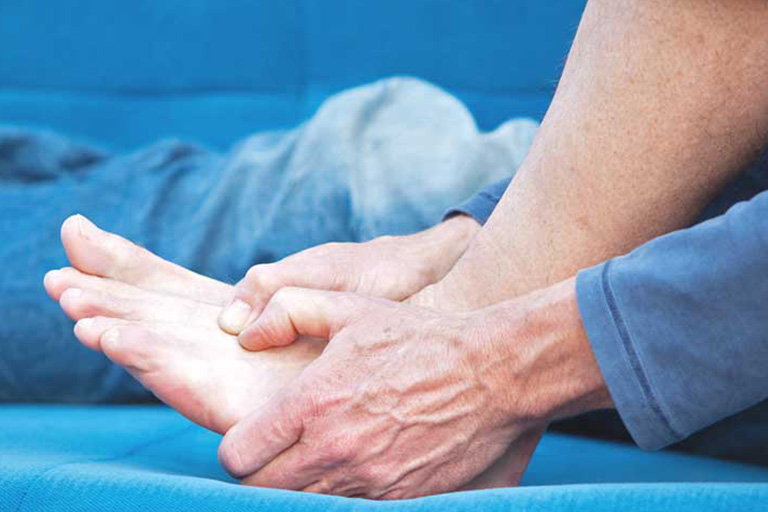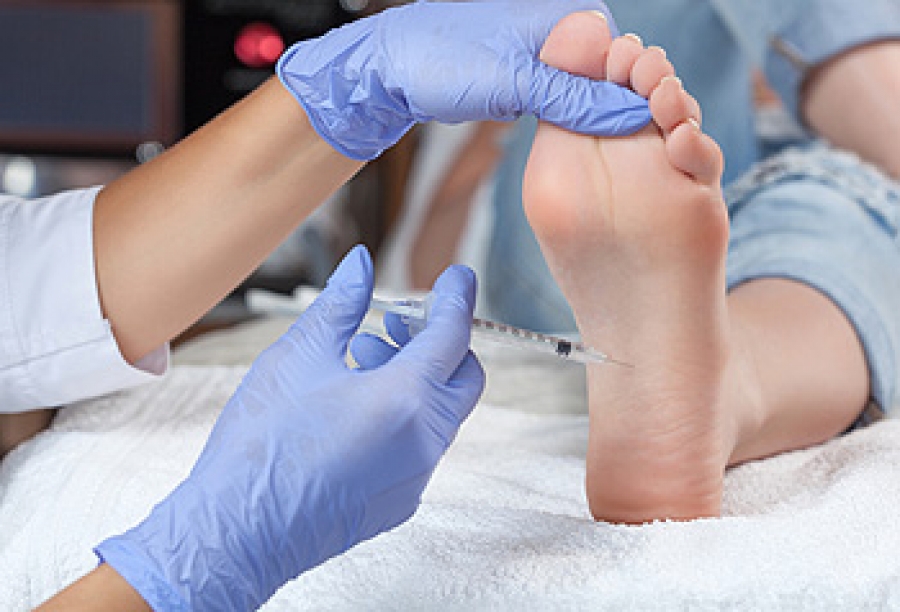Having a baby is an amazing time that comes with lots of new challenges, both physically and emotionally. One of the biggest physical challenges is dealing with the changes in your body after pregnancy and childbirth.
Your body goes through some incredible changes during pregnancy, and it can take some time to adjust afterwards. Postnatal physiotherapy can help you to heal, repair and recover after pregnancy and childbirth. Physiotherapy can help to ease some of the common problems experienced after pregnancy and childbirth, such as:
- Pelvic floor dysfunction:
The pelvic floor is a group of muscles that support the bladder, uterus and bowel. During pregnancy and childbirth, the pelvic floor muscles can become weak or damaged. This physio clinic singapore can lead to problems such as incontinence, prolapse or pain during sex. Physiotherapy can help to assess and treat pelvic floor dysfunction. This may involve exercises to improve muscle strength and control, as well as advice on how to manage your symptoms.
- Diastasis recti:
Diastasis recti is a separation of the abdominal muscles. It is common after pregnancy, and can cause pain, weakness and difficulty moving.
- Back pain:
Back pain is common after pregnancy, due to the changes in your posture and the added weight of your baby.
- Neck pain:
Neck pain is also common after pregnancy, due to the changes in your posture and the added weight of your baby. Physiotherapy can help to assess and treat neck pain. This may involve exercises to improve muscle strength and flexibility, as well as advice on how to manage your symptoms.

- Shoulder pain:
Shoulder pain is another common problem after pregnancy, due to the changes in your posture and the added weight of your baby.
- Headaches:
Headaches are common during pregnancy, but can also occur after pregnancy. They can be caused by a number of factors, including changes in hormones, posture and the added weight of your baby.
- Joint pain:
Joint pain is common during pregnancy, due to the extra weight that you are carrying. It can also occur after pregnancy, as your body adjusts to the changes in your weight.
- Muscle pain:
Muscle pain is common after pregnancy, due to the changes in your posture and the added weight of your baby. Physiotherapy can help to assess and treat muscle pain. This may involve exercises to improve muscle strength and flexibility, as well as advice on how to manage your symptoms.
Conclusion:
Postnatal physiotherapy can help you to heal, repair and recover after pregnancy and childbirth. Physiotherapy can help to ease some of the common problems experienced after pregnancy and childbirth, such as incontinence, prolapse, back pain, neck pain, shoulder pain, headaches, joint pain and muscle pain.




